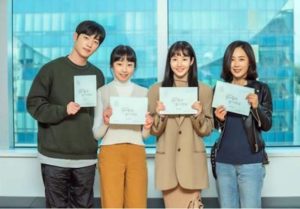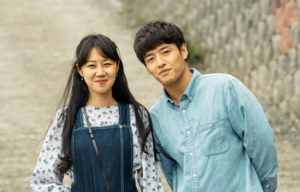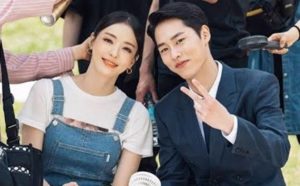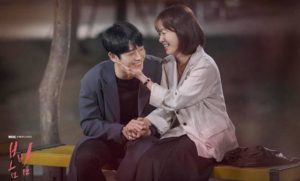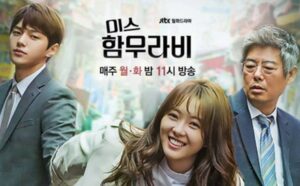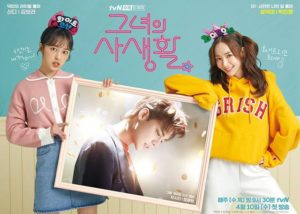“Vincenzo” (빈센조)

The showrunners behind “Vincenzo” took their time in letting the highly engaging story unfold in a believable way. Well, as believable a story as you can have about a Korean-born child who ends up becoming a consigliere for a top mafia don in Italy. This series is one of Song Joong-Ki’s strongest K-dramas.


